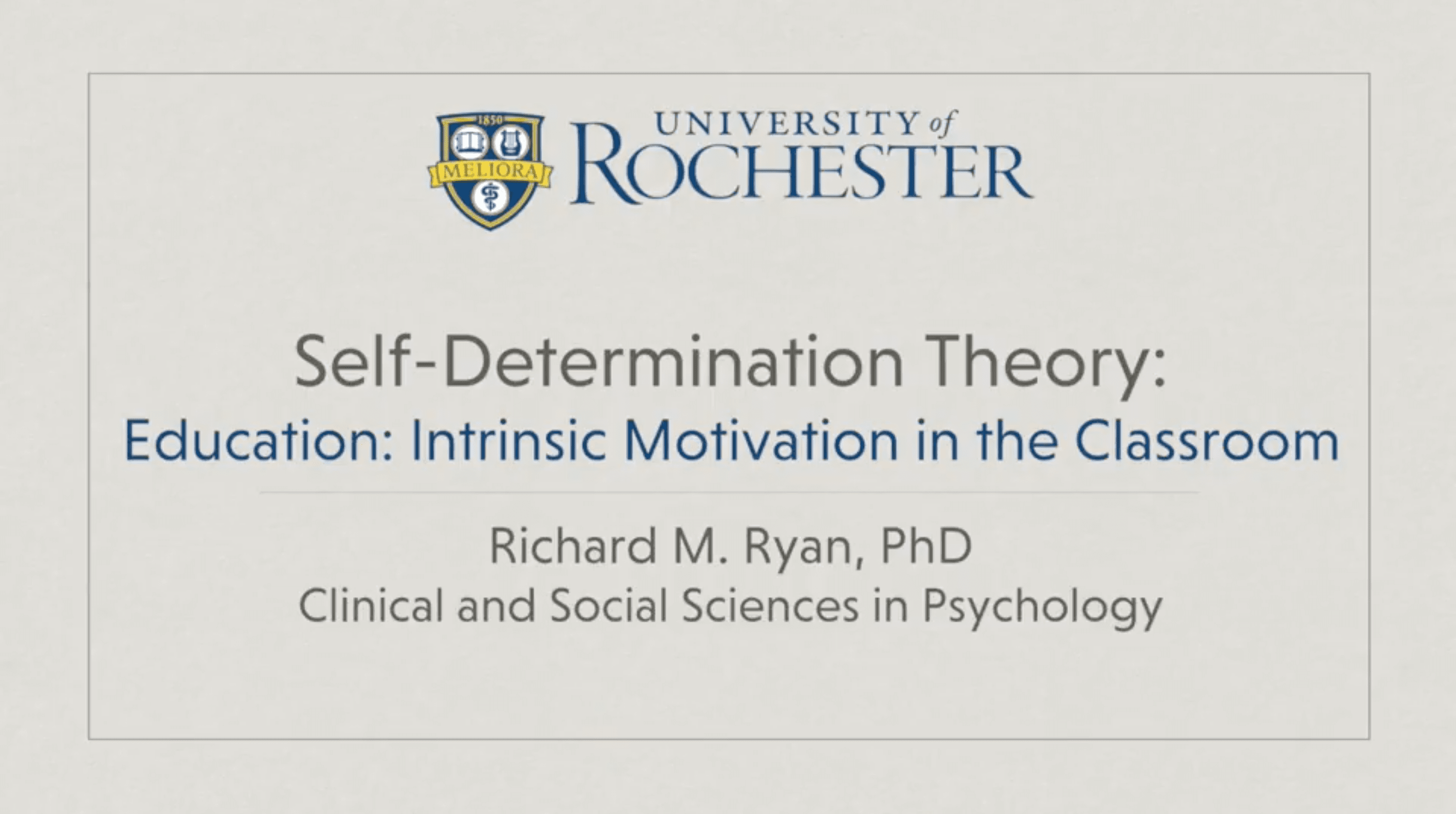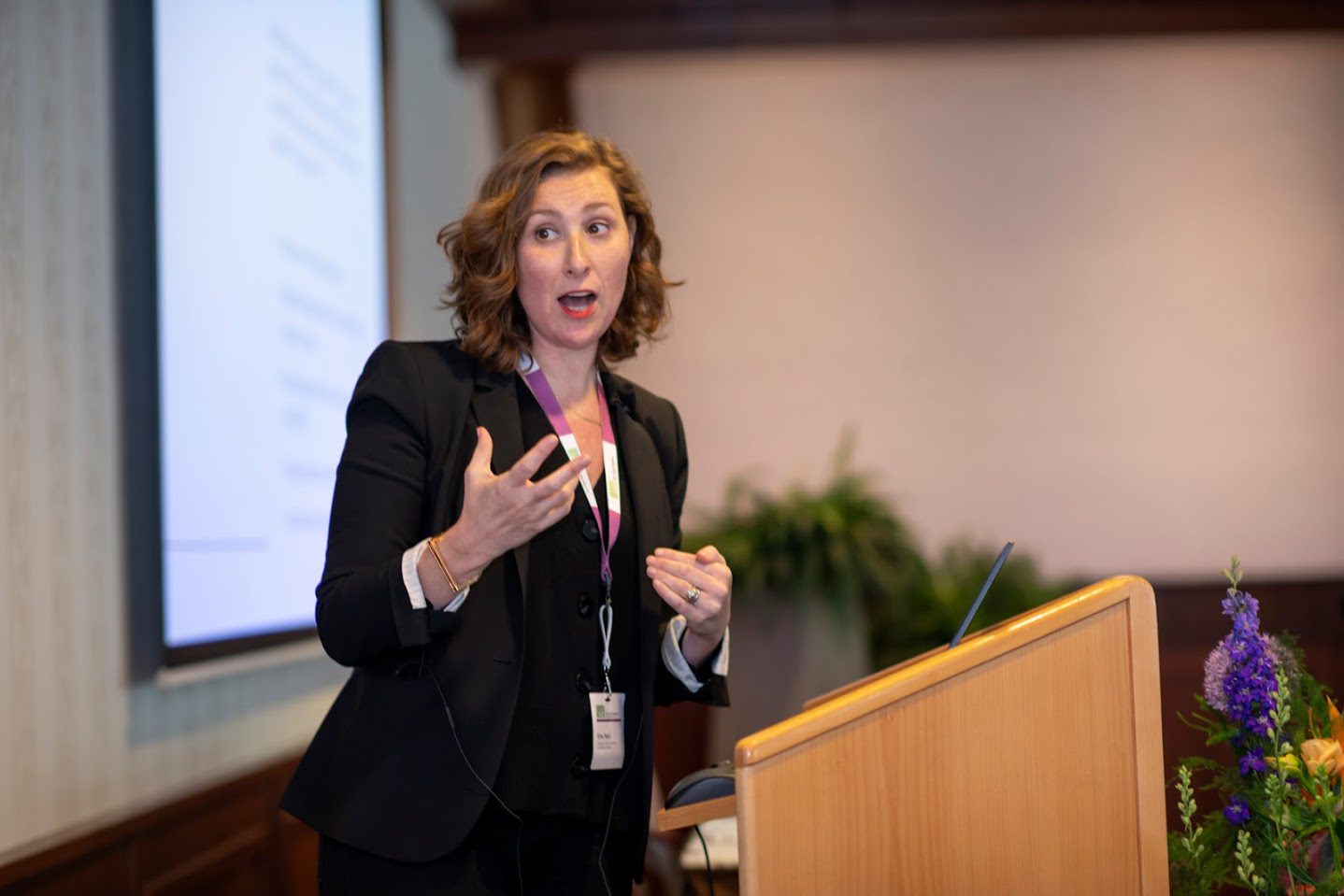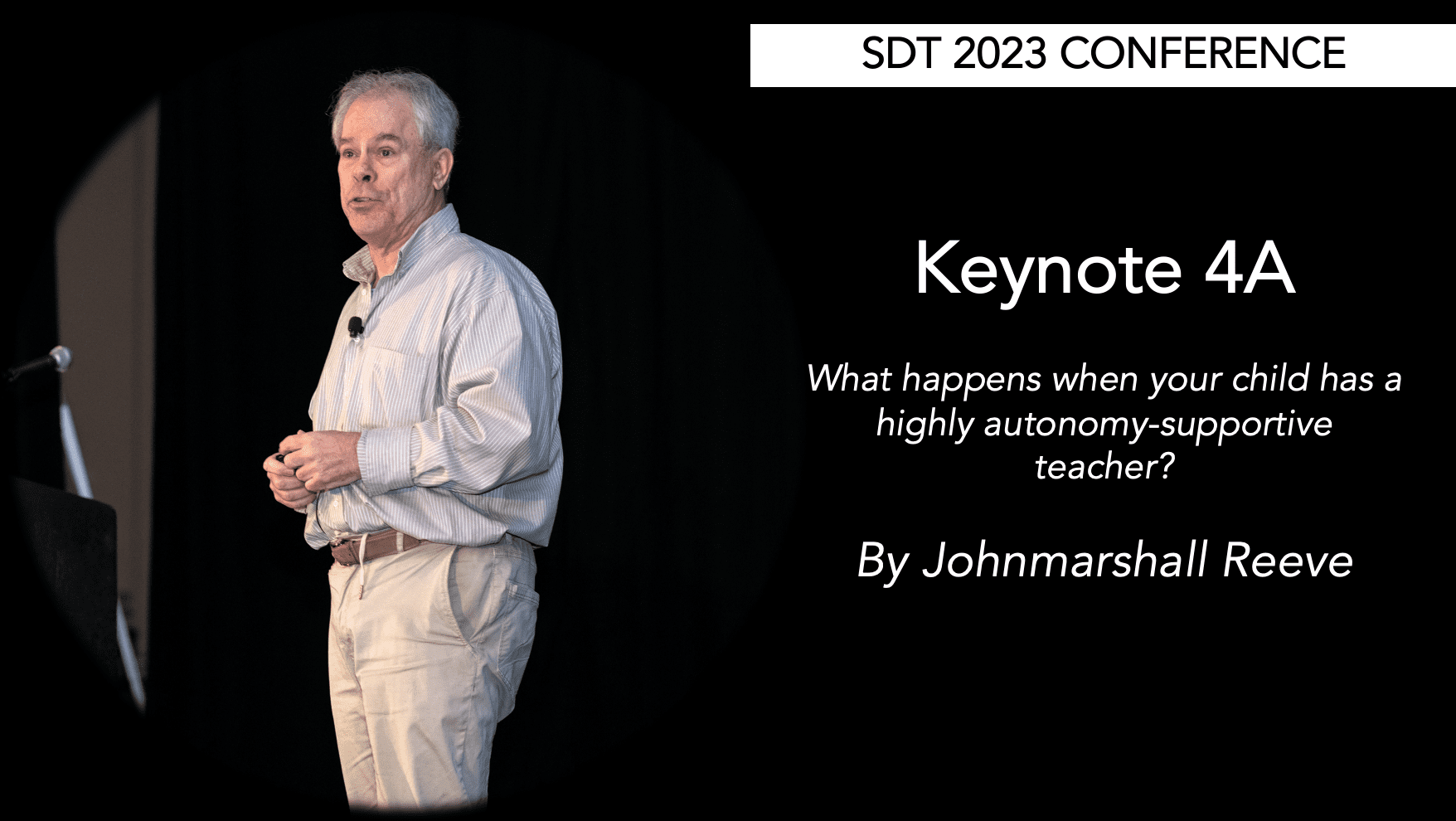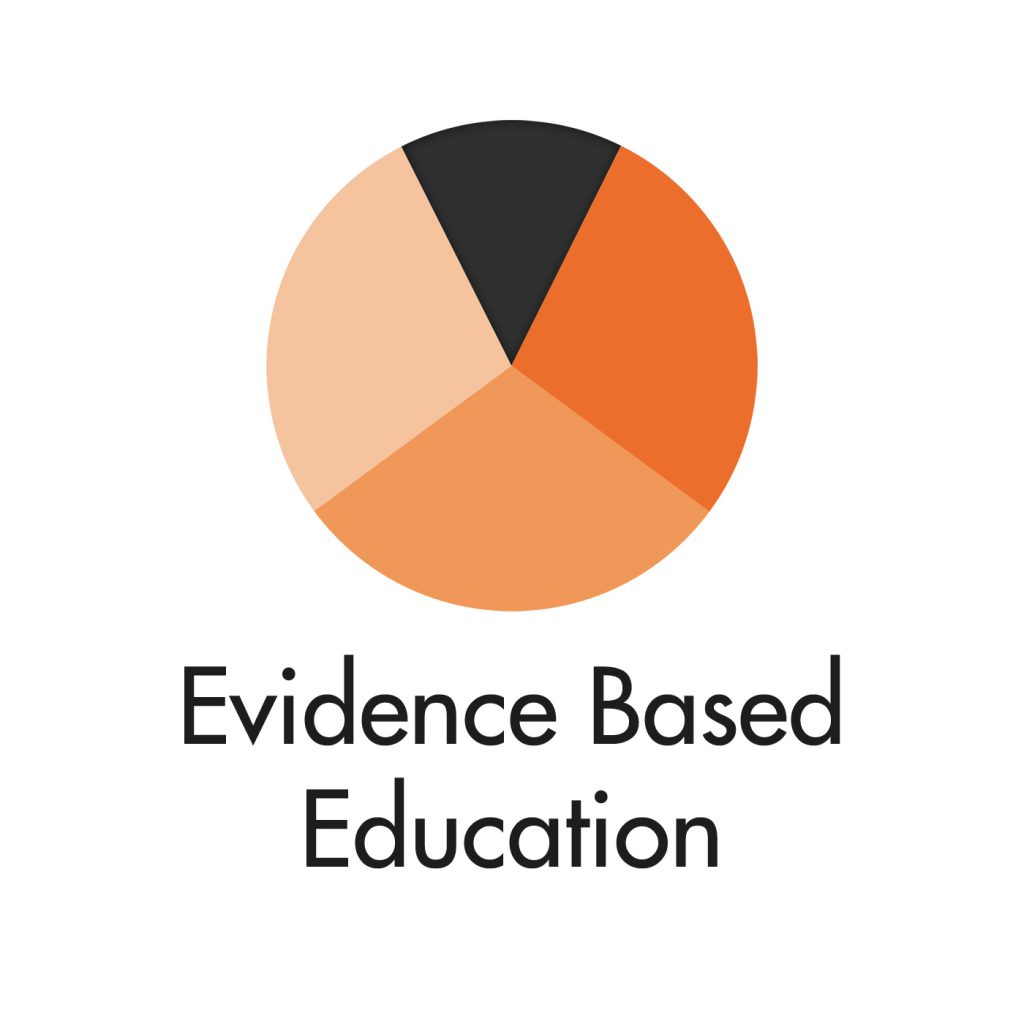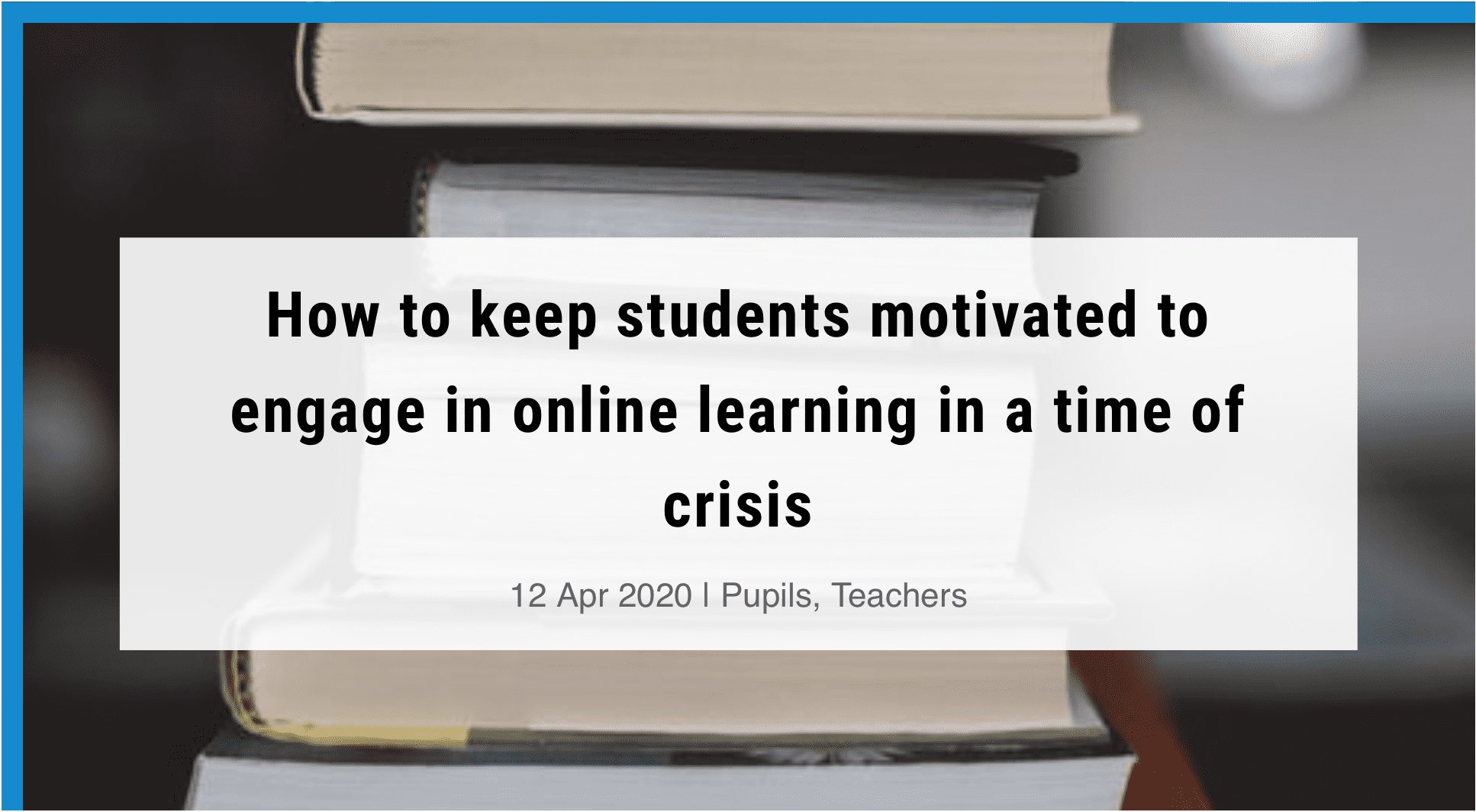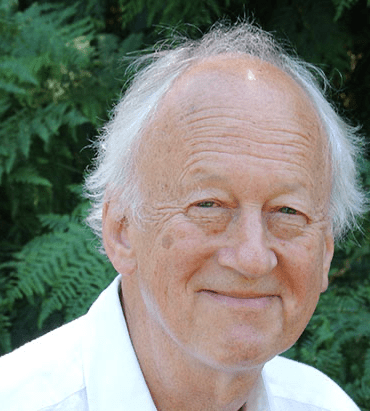The SDT Education Consortium consists of educators—at all levels—who seek and share practical information and skills for integrating Self-Determination Theory into their work. Consortium members gather occasionally to discuss a recent publications, engage with scholars, and create and share SDT resources for use in schools around the world. Our goal is to build a collaborative community of educators committed to SDT’s academic, social, motivational, and well-being benefits for schools, and all who work and learn in them. The consortium is staffed by volunteers.
- Autonomy: the need to feel personal ownership over our behavior —to feel that what we are doing is done voltionally and is in harmony with our our deeper values. Students’ sense of autonomy grows when they feel the work they are doing has meaning and is relevant to their interests and needs.
- Relatedness: the need to feel that we have warm relationships with, and are accepted unconditionally by people important to us. Relatedness at school includes the feeling of being liked and valued by both by adults and by peers.
- Competence: the need to feel confident that we have the skills to perform effectively when facing the reasonable challenges that life presents us. At school, competence certainly includes confidence in our ability to learn and to have both academic and social successes.
The Center for Self-Determination Theory wants to help schools be healthier, more productive places for living and learning. If you use strategies or practices that you feel foster the basic psychological needs of autonomy, relatedness, or competence—or that help internalize motivation—please let us know. We want to help make these available to educators everywhere.

